Receiving the diagnosis of a brain tumour is a life-changing event, and for a child to receive this diagnosis is particularly devastating. In Yorkshire alone, around 50 children are diagnosed with brain and other central nervous system tumours each year. During Brain Tumour Awareness Month, Yorkshire children’s cancer charity Candlelighters aims to raise awareness of brain tumours and their impact, and the need for greater research funding.
It is well documented that brain tumours are the leading cause of death for patients with cancer, and account for one-third of childhood cancer deaths. For those who survive, however, there are often many long-term impacts that will affect their lives. Treatment for a brain tumour is very invasive, with surgery to remove the tumour being a balance between removing as much of the tumour as possible and limiting impact to functions such as speech and motor functions. Children who require radiotherapy targeted at the brain can suffer from long-term impacts on cognition, growth and hormone levels. There is also growing evidence of long-term psychological and social impacts for childhood cancer survivors.
It is important, therefore, that research also focuses on improving the lives of cancer survivors. The Yorkshire Specialist Register of Cancer in Children and Young People, which has been funded by Candlelighters for almost 40 years, aims to do just that. The Yorkshire Register has collected detailed information about children and young people diagnosed with cancer since the 1970s, and holds information ranging from their cancer type and treatment, through to socioeconomic data, information on their mental health and education, with plans to include additional data on employment outcomes. This rich asset of data about childhood cancer is managed by Professor Richard Feltbower of the University of Leeds, with support from Professor Adam Glaser, Medical Director for the registry. The Register is now used for studies worldwide and is helping us to understand the survival and long-term effects of cancer for children and young people.
Adam Glaser tells us, “If you’re told your child has a life-threatening illness, the absolute number one priority is keeping them alive. But now, as more and more children and young people survive, we’ve got to also make sure that the quality of survival is as good as possible. We’ve got to get them back on to a life trajectory they would’ve had if they’d not had cancer.”
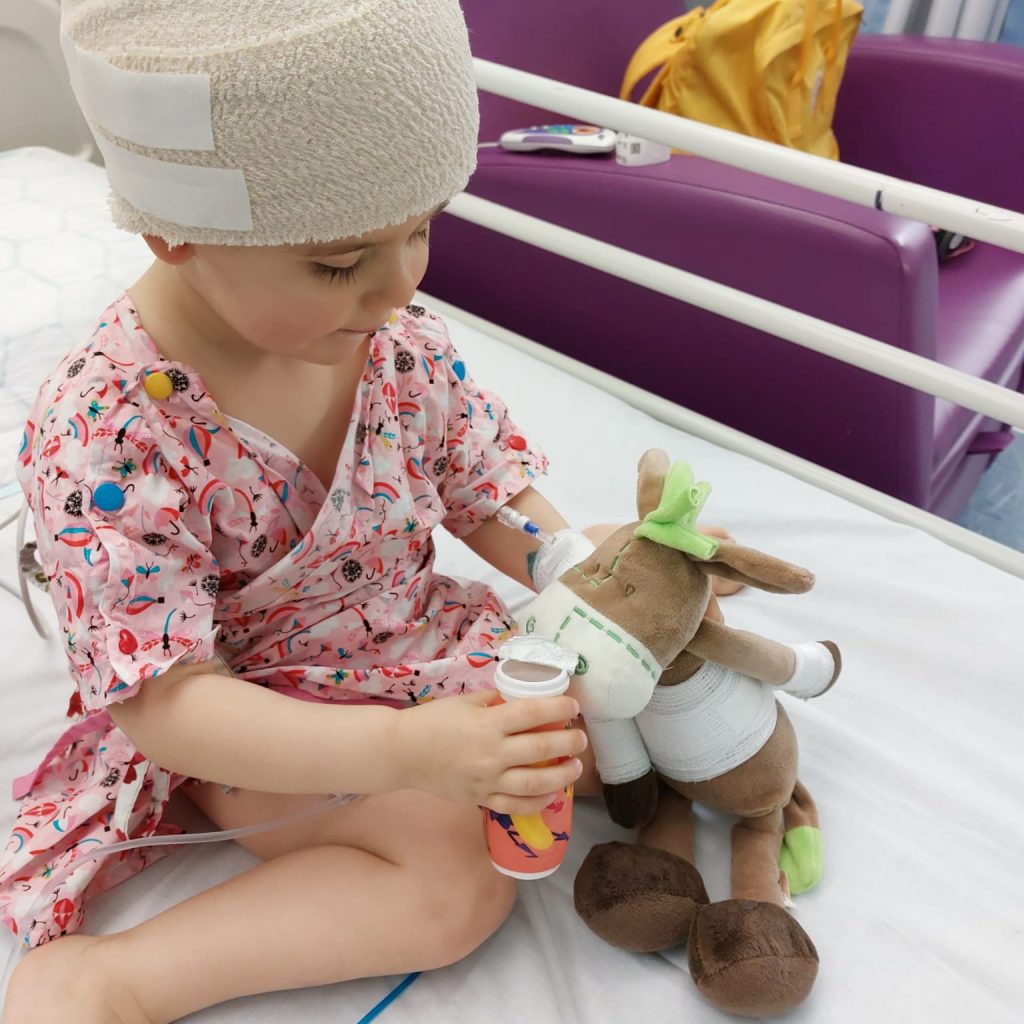
Dr Sarah Milner, a researcher at the University of Leeds and currently funded by Candlelighters, is using The Yorkshire Register as part of a study into the social outcomes of childhood cancer survivors. Her initial work has found evidence that children with cancer, and in particular those with a brain tumour, see negative impacts on their academic achievement, future employment, their ability to live independently, and even their future relationships. Children with central nervous system and brain tumours have the highest risk of worse social outcomes of children surviving cancer. Sarah’s study will look in more detail at the impact childhood cancer has on these social outcomes as these children grow up. She also intends to implement a Social Outcomes Framework to allow child health multi-professional teams to monitor the social outcomes of childhood cancer survivors in a data-driven way, helping to identify deviations from anticipated social trajectories. Her work, alongside that of the Yorkshire Register, will help to uncover and understand the long-term impacts of cancer on childhood cancer survivors, which will enable researchers to focus new studies on ways to reduce and one day, hopefully, remove these impacts.
One family currently affected by a childhood brain tumour is Nina Vieites’ family from Holmfirth in West Yorkshire. Nina was diagnosed with a rare brain tumour in June 2020 at just one year of age, following the onset of epileptic seizures the previous October. She had surgery to remove the tumour two weeks later but, because of its position, the team were unable to remove the whole tumour.
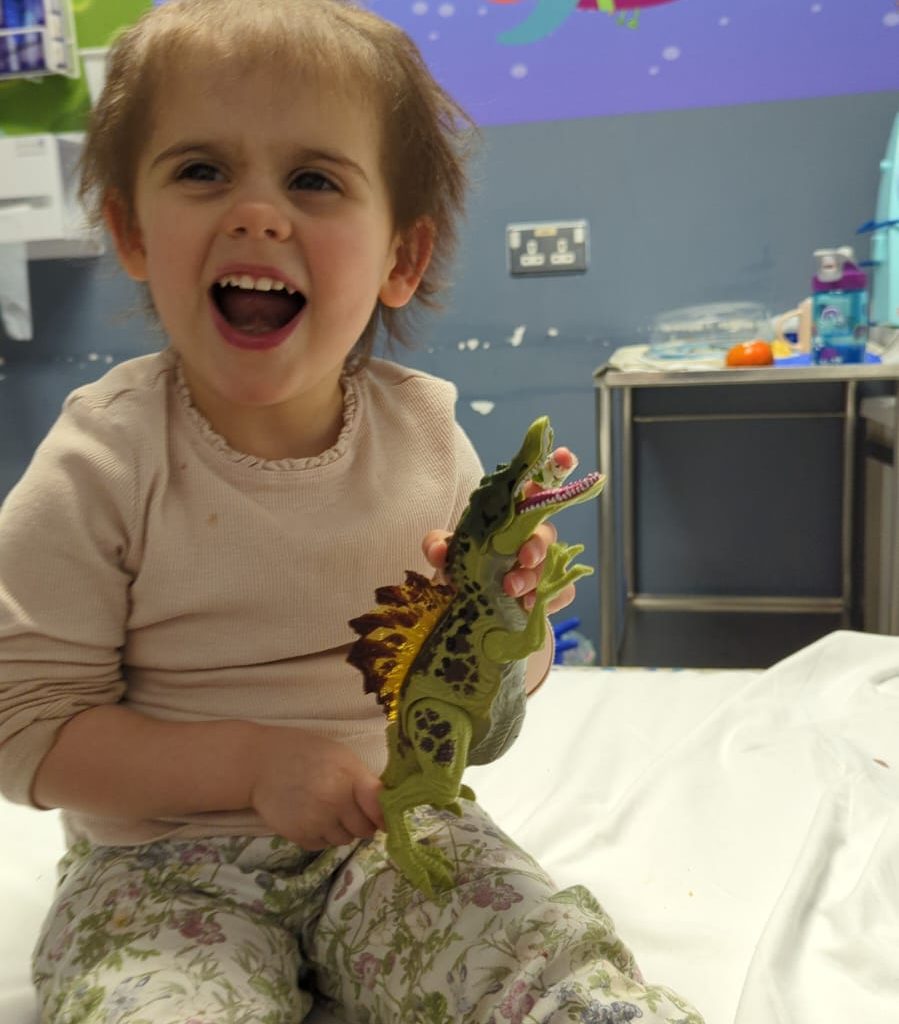
After a scan in January last year confirmed further growth, Nina began chemotherapy that March. She also underwent further surgery in November last year to try and reroute the blood supply in her brain, as a scan showed some concerning pressure on a major artery. The family will have to wait for Nina’s MRI scan in the next couple of months to find out if the operation was successful, although it is believed to have gone well.
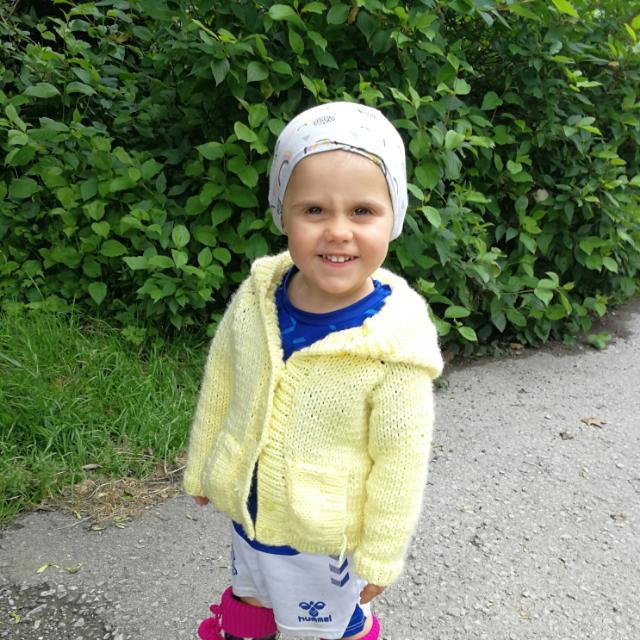
Nina’s mum, Vikki, told us: “The impact of the diagnosis is hard to put into words. It’s a bit like a grenade being thrown into your family life and everything is changed, whilst you try to continue as best you can. It isn’t possible to continue with life as it was before the diagnosis and chemo – but we’re thankful for every minute of time we have as a family and for all of the support we have had from those around us.”
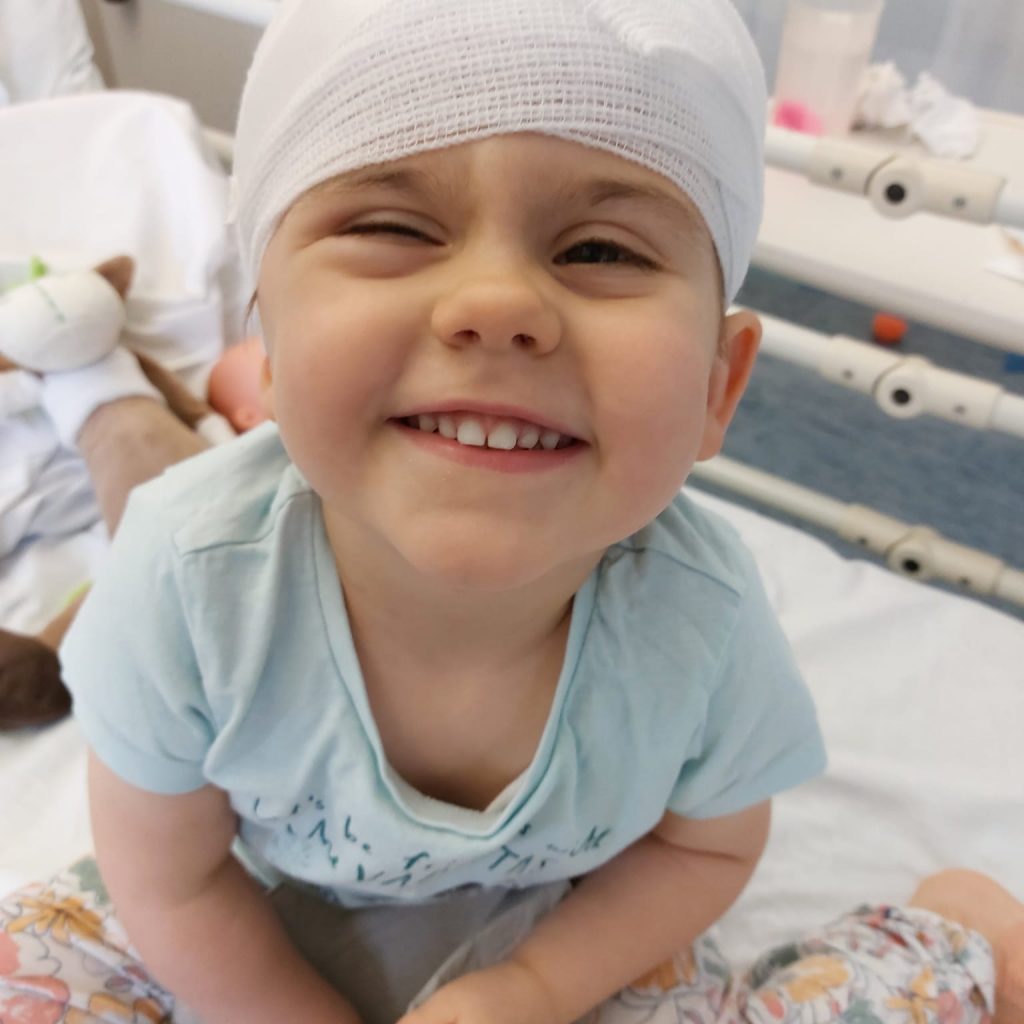
Candlelighters supported Nina and her family right from their stay at the hospital, providing practical support and entertainment on the wards, wellbeing therapies, trips out and financial support.
Vikki said: “Candlelighters have provided us, as a family, with such an incredible amount of support. The Candlelighters staff on the clinic and wards are brilliant – they really do make a difference. My first encounter with them was on our very first day in clinic, when Nina began chemotherapy. I was feeling completely overwhelmed and scared, and someone from Candlelighters smiled, said hello, and offered me a brew. I must have had several hundred brews from them since then. It’s really those small acts of kindness and warmth that help you to navigate the world that you find yourself in. In particular, the support that they have provided for Nina’s sister, Ismay, has been amazing and there is nowhere else she could have had that. Whenever people ask me the question “How do you cope?” Candlelighters is a key part of my answer. We would not want to be without them.”
Vikki continued: “We are regular attendees at The Square (Candlelighters’ family support centre). Being able to take her somewhere bright and happy, where they know her and make us feel so welcome, in the midst of everything that she experiences on the ward, makes a huge difference.”
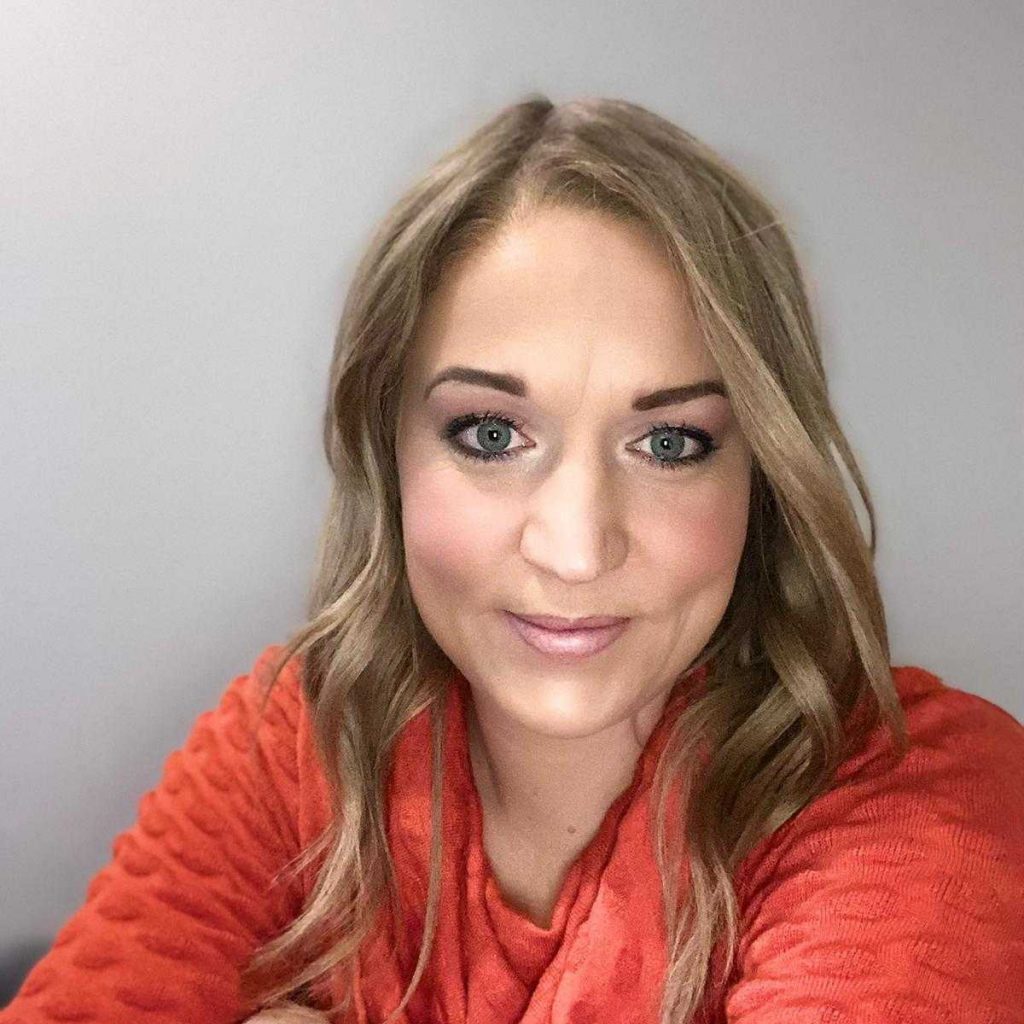
Emily Wragg, CEO of Candlelighters, has told us, “At Candlelighters, we have a mission to bring light and hope to every family affected by childhood cancer across Yorkshire. For over 45 years, we have been there for families, supporting them through a journey that is simply unimaginable unless you have been through it. One of our research aims is to improve the quality of life for children and we are proud to support research such as the Yorkshire Register and Sarah’s study to ensure children like Nina are able to not just survive but thrive.”
Candlelighters rely on the general public and local businesses’ support to continue their investment into childhood cancer research and to support children and families in Yorkshire through childhood cancer. The charity’s fundraising income target from individuals and businesses was cut by almost a half last year. Candlelighters are asking for support through donations, by fundraising or taking on a challenge event. Find out more about Candlelighters by visiting their website: www.candlelighters.org.uk





